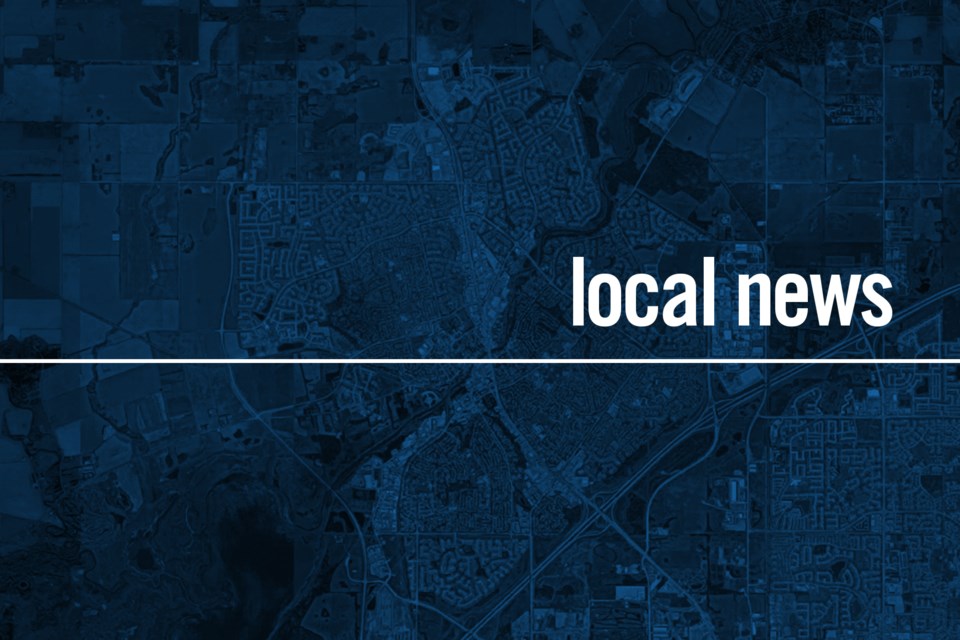St. Albert city council has voted to adopt a stricter land encroachment policy in an attempt to curb land-use bleeding beyond residential property lines and into public areas.
These encroachments typically include structures such as sheds, garages, and fences that intrude onto lands the city holds an interest in, and often go unnoticed due to the homeowner's unfamiliarity with property lines. Many of them come to light after a homeowner requests a property report or through the compliance application process.
Dawny George, director of engineering at the City of St. Albert, gave a presentation on the policy recommendation during Monday's council meeting. George detailed problems with what she described as the city's "soft" approach to land encroachment, one she said has left about 100 encroachments per year unresolved.
George said these encroachments can interfere with the protection of natural areas that occupy public lands, or city-maintained infrastructure. Additionally, they can lead to risk of injuries for the public; for example, if an individual builds a fence that obstructs the view of a city intersection up ahead.
While homeowners are often unaware of their property's encroachment, George highlighted that sometimes residents might observe neighbours encroaching beyond the limits of their property and "follow suit." She argued this was one reason a stricter policy would be more effective.
"Once residents see another neighbour pulling a fence back to the property line, in some cases they do the same," George said.
Unresolved encroachment instances typically included those where residents would have to take on a significant financial burden to remove the encroachment, or where the improper land use did not leave a financial burden on the city. Some of these cases could be resolved with an encroachment agreement between the city and the homeowner that costs the resident a one-time fee of $543.
However, encroachment agreements could leave homeowners liable should city work need to be done where the obstruction is, or someone injure themselves as a result of the encroachment.
David Leflar, the city's manager, argued it can be in the homeowner's interest to have an encroachment agreement if an encroachment is significant.
"That way you can more easily sell your property and the subsequent purchaser can take advantage of that benefit," Leflar said.
Coun. Wes Brodhead questioned whether revising policy would be enough to address outstanding encroachments, citing the City of Edmonton and Calgary, two municipalities with comprehensive encroachment bylaws.
Leflar said the policy represents "a clear choice ... to not use the powers of the state."
"Encroachment is not considered a huge problem at this point," Leflar said. "Let's put in some consistency and see how it goes."
The updated policy passed unanimously. Homeowners will be notified that outstanding unresolved encroachments must be resolved through an encroachment agreement, or by removal, even if they may have existed for some time.




